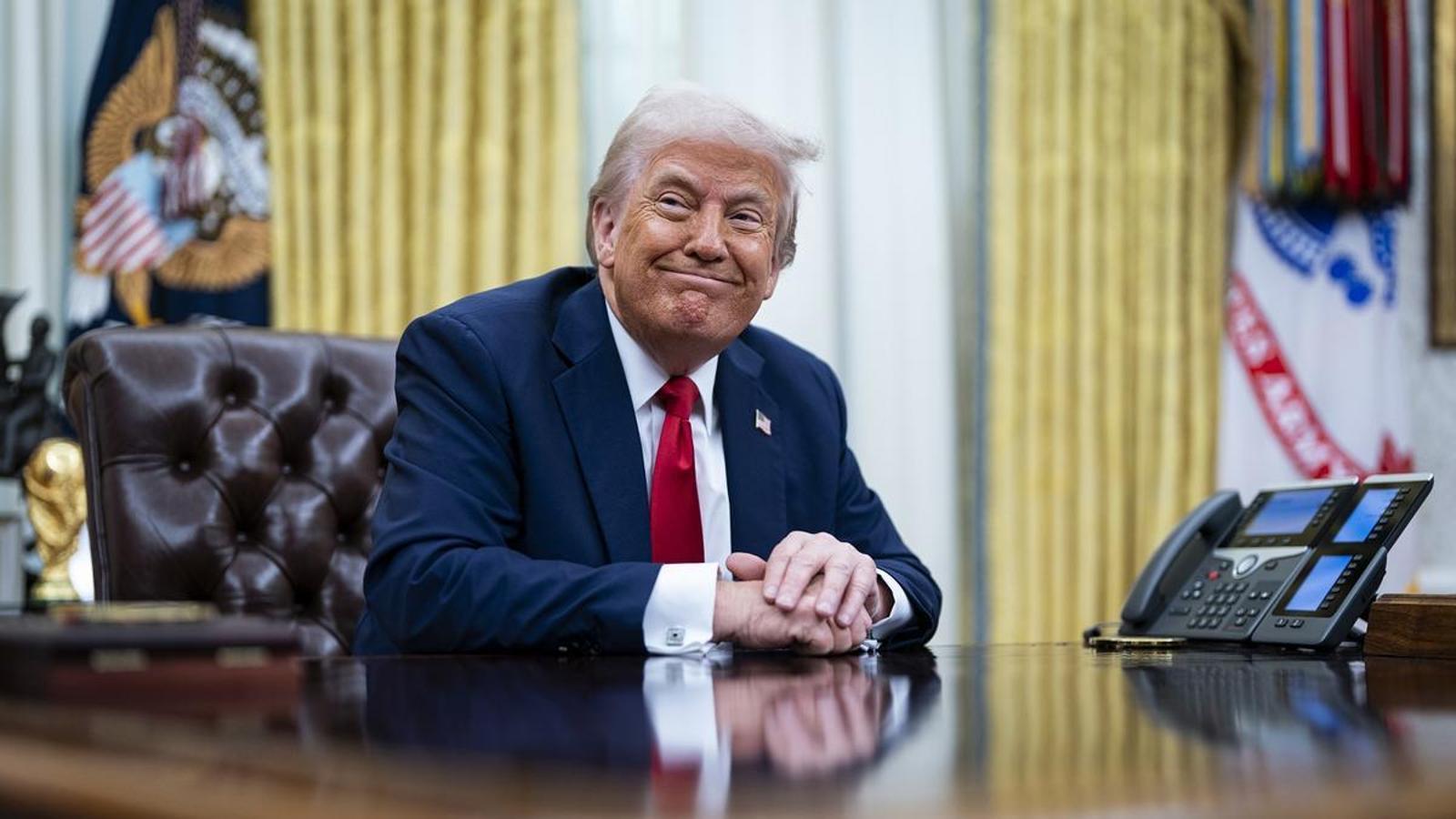He couldn't care less


A question is running through the minds of employees at the World Bank, headquartered in Washington: where would we go if Trump were to withdraw the United States from the institution? Perhaps Brussels, or Tokyo, given that Japan is the bank's second-largest contributor. Whether it actually happens or not, this is also the Trump effect: the most unlikely scenarios can come true. After all, we know that the American president considers many of the world's countries to be nothing more than a group of American profiteers, and the bank's development aid objective with favorable loans is the perfect example of the international cooperation he abhors. So perhaps it's better to start making contingency plans.
But it's Americans themselves who are also asking questions. Tariffs on the foreign products they consume and the crackdown on immigration will make most household budgets more expensive and complicate the operations of countless small businesses due to rising material prices and a shortage of intensive labor, for example, in construction.
Trump knows the social unrest he could face, but as he proudly said in response to a question about the certain rise in car prices, he couldn't "care less." First, because no one can oppose Caesar's designs, and second, because if the uncertain long-term benefits of the trade war were slow to arrive and protests eventually took to the streets, he could always realize his dream of wielding unlimited power with a state of emergency to instill fear under the guise of restoration. And he covets being president for several more years.

